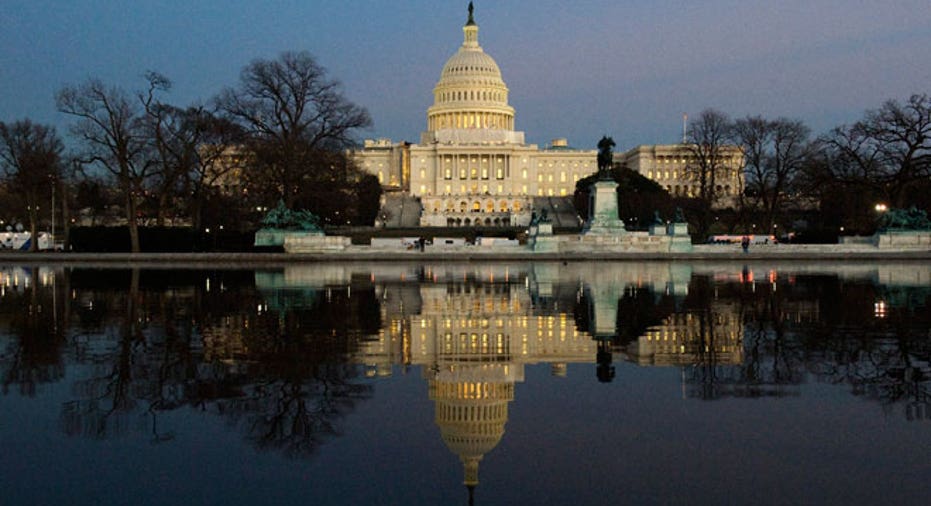Lawmakers Must Step Aside and Let P2P Businesses Grow

The following is an op-ed written by House Small Business Committee Chairman Sam Graves, (R-MO).
Peer-to-peer businesses, or P2P businesses, are forming a new innovative marketplace that, after ten years in the making, has now burst onto the scene, capitalizing on new technologies and mobile connectivity. And government has begun to pay attention.
A P2P business is a company that creates a platform which allows individuals or “peers” to directly buy and sell from each other. This activity has sometimes been called the “sharing economy.” Some are wary of these new companies and the challenge they pose to the established market. However, others believe they are revolutionizing the economy and epitomize the American spirit of innovation and entrepreneurship.
Last year, Forbes expected revenue from the so-called sharing economy to surpass $3.5 billion, with growth exceeding 25 percent. At that rate, entrepreneurs engaged in peer-to-peer business are moving from a means of boosting their income in a stagnant wage market to creating a significant economic force.
Bringing buyers and sellers together through a single platform is not a new idea – most of us know about eBay’s success -- but with advancing technology comes new innovative methods for businesses to connect customers with those who want to offer services. Entrepreneurs are taking advantage of these technological advancements, pushing the limits and challenging the status quo.
For example, ride sharing services are popular P2P businesses that take advantage of smartphones by creating apps, and allowing individuals seeking a ride to connect with drivers. One of these companies is Sidecar, founded in San Francisco, California and available in Boston, Chicago, Charlotte, Washington, D.C., L.A., San Diego and Seattle. In January, Sidecar’s Beth Stevens testified before the House Committee on Small Business that “this technology-led sharing economy, of which shared transportation is just one segment, is growing rapidly, and, despite general economic slow-down in other sectors, the United States is poised to become a global leader in this enterprise.”
The P2P marketplace extends into other markets where individuals are monetizing underutilized assets. Lodging is one example. Instead of finding a hotel room, in the sharing economy you can rent a spare room from a local resident. 1000 Tools Inc. founder Alan Mond, who rents tools to those in need so they don’t have to invest in a purchase of something they’ll rarely use, testified before the Committee that he believes “this new generation of collaborative consumers and microentrepreneurs live in an ecosystem called the sharing economy, and it has crossed the chasm into mainstream adoption.”
As newly created P2P businesses disrupt the status quo and compete with established companies, they face the difficulty of fitting a square peg into a round hole when it comes to existing regulatory regimes that don’t contemplate their business models. For example, some cities have banned or discouraged ride sharing programs because they challenge the established taxi service program. Innovative business models or advances in technology, however, should not be boxed in; rather free markets and consumer preference should dictate how businesses grow and meet demand.
Overall, P2P businesses show exciting potential for job creation and economic growth, but it’s important that innovative ways of doing business are not stifled by regulation. Small businesses consistently list regulations among their top concerns, especially since the regulatory cost for them is 36% higher than for large companies. In Wells Fargo/Gallup’s recently released 2014 first quarter small business index, government regulations were listed as the second most important challenge they face today.
These technology-based platforms are connecting businesses and individuals like never before, and creating new waves of entrepreneurs who are learning to use these P2P platforms to market their skills, products and services in new ways. Jobs are still scarce in this economy, and it is encouraging to see the development of new marketplace opportunities. But government must step aside and allow this innovation to thrive and flourish, because the P2P marketplace can be major contributors to the robust recovery our nation has been waiting for.



















